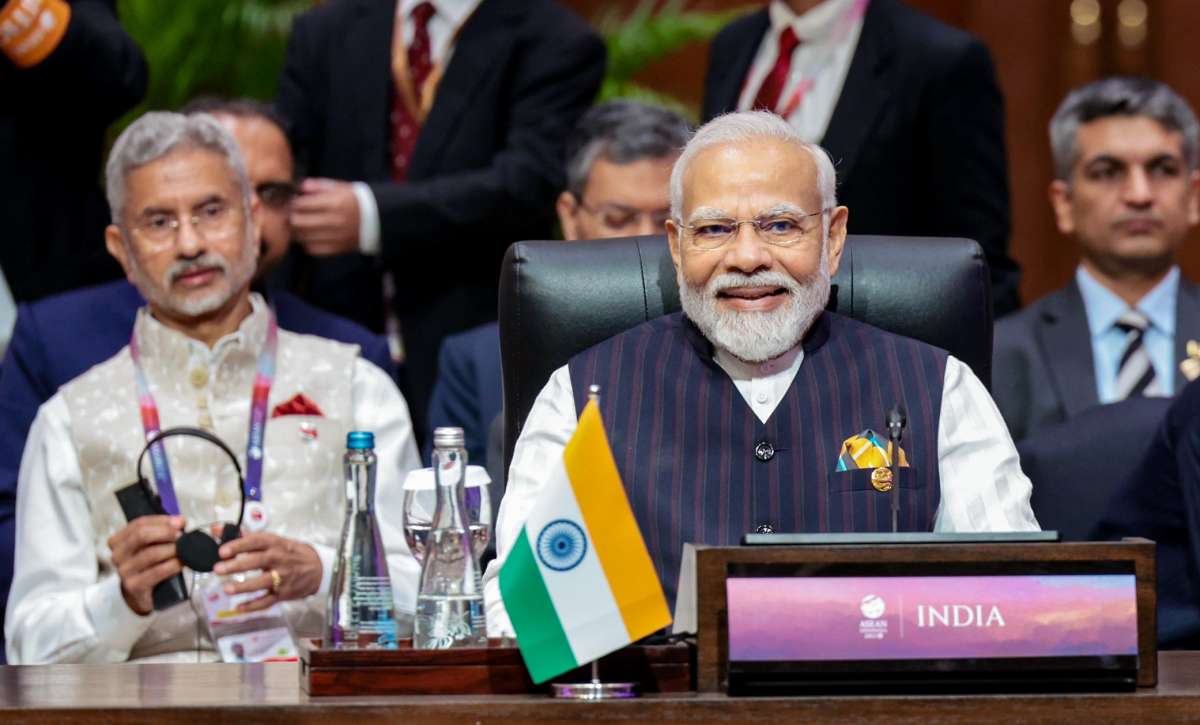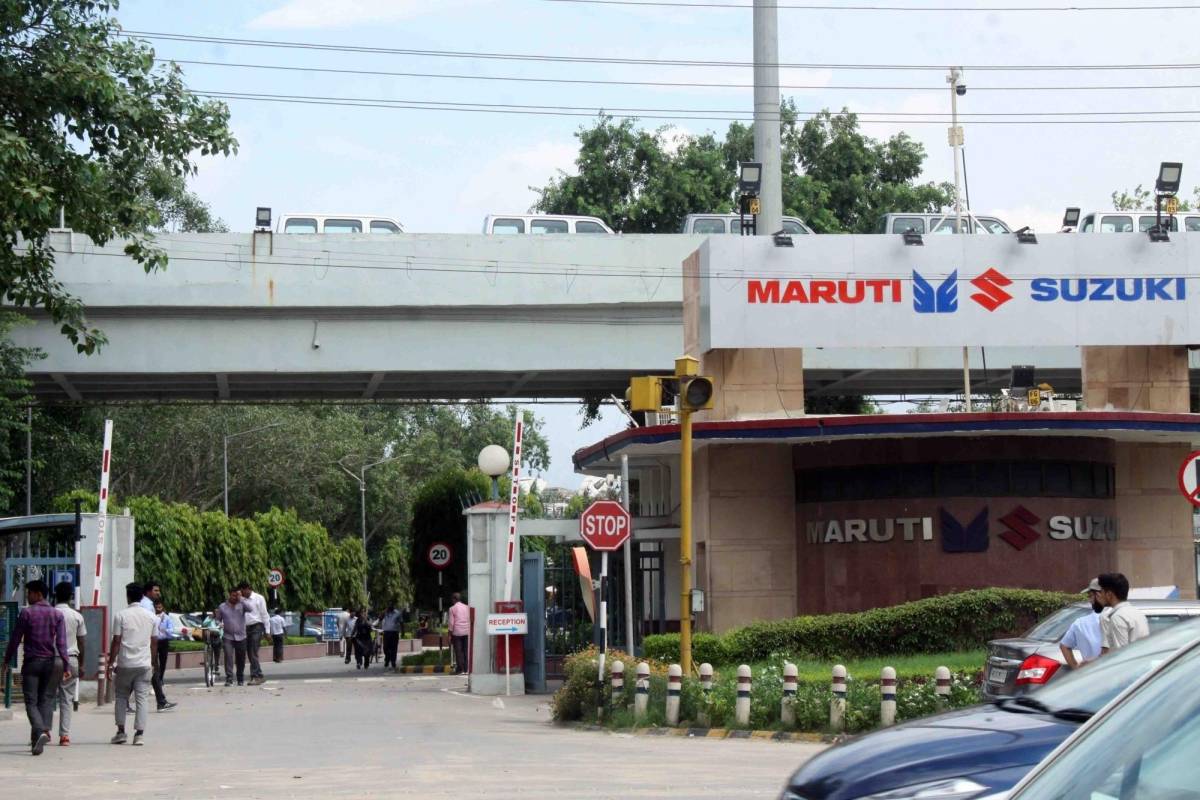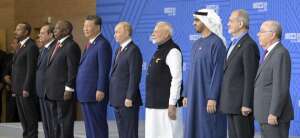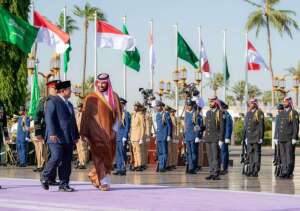Foreign policy experts and academics have viewed the re-election of Prime Minister Modi’s government is proof of strong India which is an advantage for Asia and South Asia….reports Asian Lite News
As India has completed its elections and results are out, foreign policy experts and academics have viewed the results as proof of India’s strong democracy while the re-election of Prime Minister Modi’s government is proof of strong India which is an advantage for Asia and South Asia.
Former diplomat and media and political analyst in Asia, Ranga Kalansooriya viewed India’s general election results as a sign of vibrant democracy.
“This is a sign of a healthy democracy because you need checks and balances in a healthy democracy. India will have a strong opposition as well,” Kalansooriya told IANS.
He said that in the regional context a strong India, or politically strong India is an advantage because the region is looking at India as a regional power and regional leader.
“India is rising up as a leader of the global south. So strong India is an advantage for Asia and South Asia,” said Kalansooriya, who was also the former Director General of the Department of Government Information in Sri Lanka.
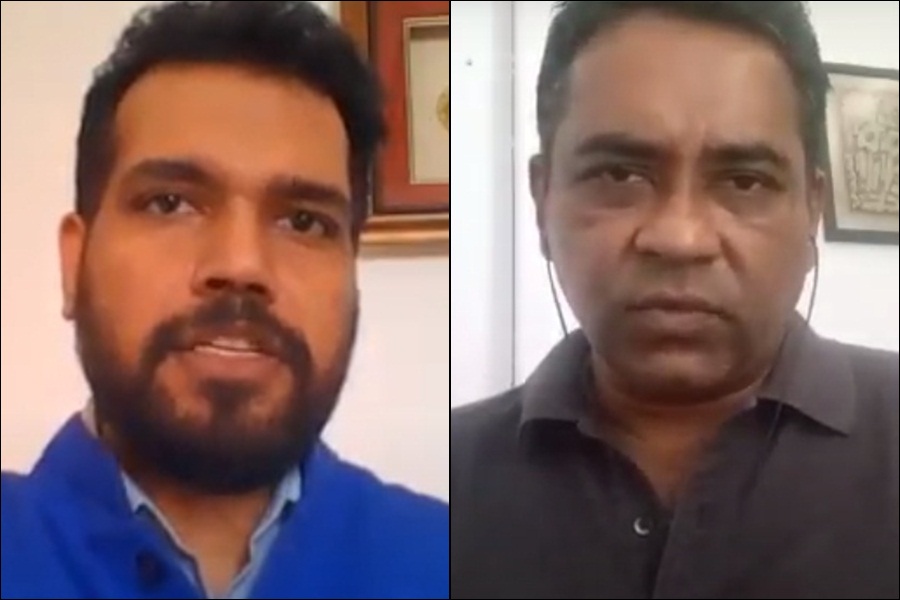
He added that as Sri Lankans and also citizens of South Asia people should be happy about India’s successful completion of elections and also on the victory of the BJP.
“Congress has also done quite well, more than expected,” he said.
Sri Lankan academic, geopolitics and foreign policy analyst Prof. Asanga Abeyagoonasekera said that in the backdrop where China has reached, the foreign policy of Prime Minister Modi’s third term would be crucial not only for India but for the entire region.
“Foreign policy of Modi 3.0 will be crucial for the entire region of South Asia and Southeast Asia. Beijing has made concerted moves in India’s immediate periphery in Sri Lanka, Afghanistan, Nepal, Maldives and Bhutan,” Abeyagoonasekera, Executive Director of South Asia Foresight Network (SAFN), The Millennium Project Washington DC explained.
Abeyagoonasekera said that the hybrid operations with civil and military nexus are already visible in both South and Southeast Asia regions.
“Submarine bases in Bangladesh such as the BNS Sheikh Hasina submarine base at Pekua in Cox’s Bazar and in Cambodia Ream Port to Chinese research vessels in Sri Lanka and Maldives are clear military manoeuvres by Beijing,” he warned.
He said that PM Modi’s third term will be much more challenging than his previous tenures due to China’s ambitions and aggression in the region.
“A delicate balance is required in India’s foreign policy, working with US Indo-Pacific strategy and also using India’s ‘strategic autonomy’ to work with other nations such as Iran and Russia,” said Prof. Abeygoonasekara, who was also the former founding Director General of the Institute of National Security Studies Sri Lanka (INSSSL).
An academic, defence analyst and researcher Nilanthan Niruthan that PM Modi’s coming to power for the third time, the trajectory of the India-Sri Lanka friendship, of the India-China rivalry and of India’s engagement with the world in general is likely to continue in the same path.
Nilanthan Niruthan said that in terms of the impact PM Modi will have on India’s engagement with the world, with the region or Sri Lanka, there is unlikely to be a significant shift in this third term.
“We should remember that foreign policy is something that has a certain level of party consensus in India at the moment. So regardless of who the Prime Minister is many of the long-term plans that India has for the region regarding China, Sri Lanka, Pakistan, this is not likely to change much,” he said.

